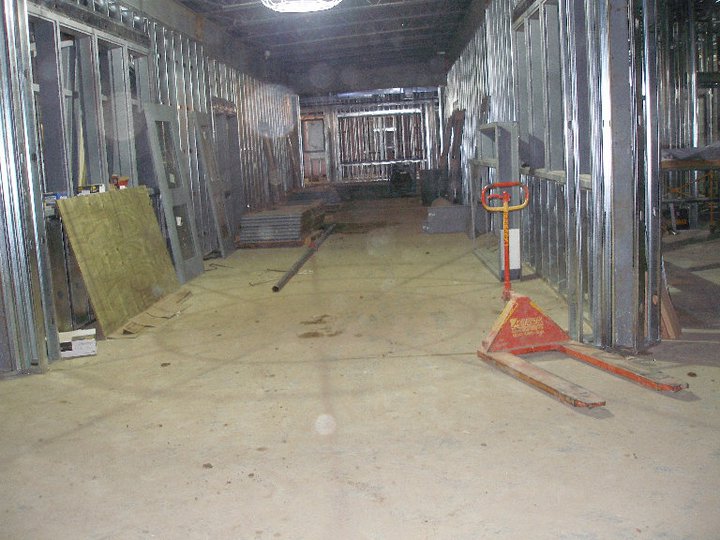Monday, Sept. 23 marks a big day for College View teachers, students and families. It marks the beginning of our final phase as an International Baccalaureate candidate school. We began our journey with IB in January of 2011 when College View looked like this: 
We started by gathering a group of soon-to-be College View parents to form an IB Parent Board. This group of parents, along with College View Principal, Sue Rice, and myself (the newly hired IB coordinator), began studying the elements of the IB Program.
Shortly after the formation of the parent board, Sue and I attended an IB workshop to learn more about the program and how it might fit with the initiatives that were currently in place in Council Bluffs.
After the workshop, we immediately began writing the official Application for Candidacy, requesting that College View be granted candidate status from the International Baccalaureate Organization. The application was accepted a few months later and that’s when the real work began.
College View teachers began learning about the program - both through official IB workshops and building-based professional development. Many teachers had the opportunity to see IB Programs in action by visiting authorized IB World Schools.
They learned about the Learner Profile, a set of 10 attributes that all members of the school community strive to demonstrate. Teachers worked collaboratively to develop in-depth units of inquiry. They reflected on their planning, teaching and student learning, and revised and refined those units.
Special area teachers worked to incorporate the elements of the IB Program into areas like Spanish, PE, music, special education and art. After all of this hard work, we felt that we were ready to become an authorized IB World School. We submitted our Application for Authorization last spring. It was accepted and a verification visit was scheduled.
That brings us to today. IB has sent a team of two educators to College View to verify that we are ready to become an IB world school. Over the next two days, they will meet with teachers, parents and administrators to discuss how the program has been developed and will continue to grow in our school.
They will visit classrooms, speak to students and view student work looking for evidence of teaching and learning that engages students as thinkers and inquirers. They will review units of inquiry and our Program of Inquiry looking for a written curriculum that builds upon students’ previous learning experiences and that allows for meaningful student action to take place.
The College View Program of Inquiry
After the visit, the verification team will write a report summarizing the findings of the visit. It is our hope that the report will result in a recommendation that College View Elementary become Southwest Iowa’s first authorized IB World School.
Am I nervous? You bet.
But I also know that the teachers at College View have worked tirelessly to incorporate the elements of the IB program into their teaching. I know that the administrators involved believe in the program and have helped us to align the philosophies of the IB Program and of CBCSD. I know that the parents at College View are excited about having the IB program at our school and want to see it grow in our district.
And the students? Wow. As a College View parent, I’ve seen first hand that the students are inquirers within the classroom and beyond. They understand the language of the Learner Profile and strive to live by those attributes.
Reflecting upon all of these things calms my nerves. We’ve worked long and hard to implement the IB Program at College View.
We’ve got this.
.JPG)